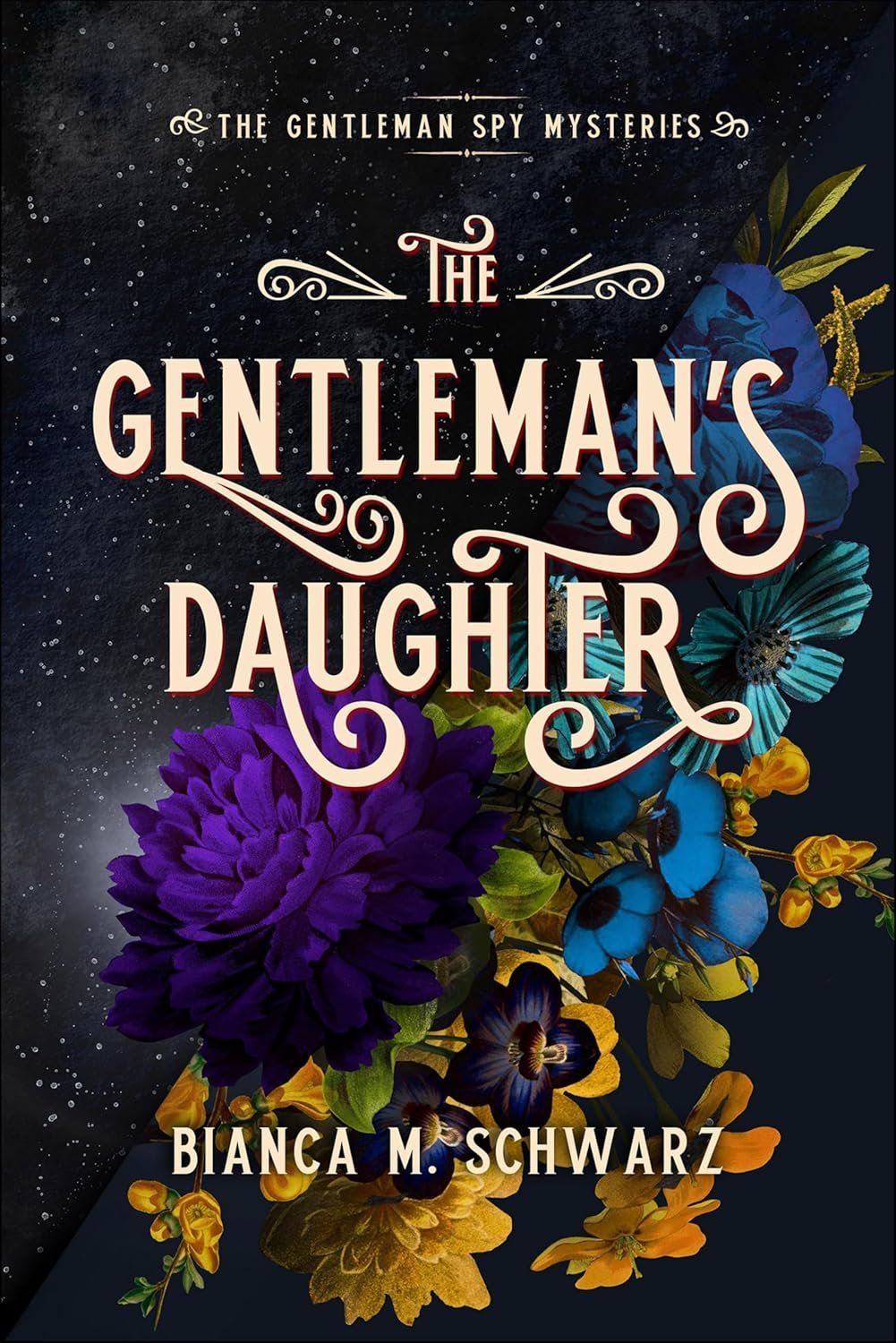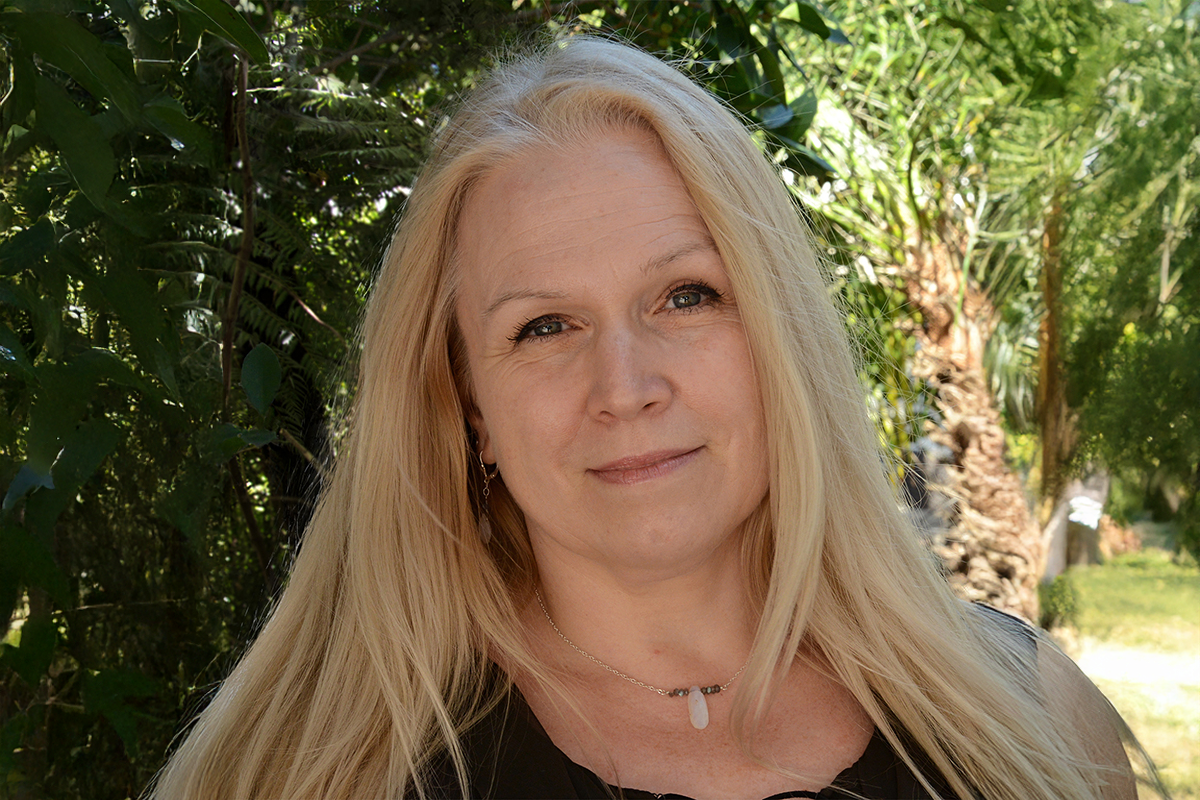PHOTO: Bianca M Schwarz, author of the Gentleman Spy series, brings together romance, mystery, and resilience with a lens shaped by three cultures.
Romantic Intrigue And Psychological Depth In Historical Fiction
Bianca M Schwarz discusses crafting strong female spies, blending historical detail with emotional realism, and exploring trauma, independence, and generational legacy in her compelling Gentleman Spy historical romance mystery series.
Bianca M Schwarz crafts stories with the elegant intensity of a candle flickering in the corner of a shadowed parlour—at once intimate, mysterious, and brimming with purpose. Her Gentleman Spy series transports readers into the richly layered world of Regency England, where secrets and seduction entwine with the quiet power of resilience. Born in Germany and raised amid the streets and libraries of London, Schwarz’s affinity for history and human complexity sings through every line of her fiction.
Whether navigating the narrow corridors of espionage or unearthing the buried traumas of her heroines, Schwarz approaches each character with a rare tenderness—never flinching from their wounds, yet always lighting a path forward. Her protagonists are survivors, women who refuse to remain confined by their era or circumstance, discovering strength not only in love, but in self-realisation.
From the wind-swept coastlines of Brighton to the shadowy elegance of Georgian estates, her novels offer more than romance or intrigue—they invite reflection on the nature of freedom, identity, and generational change. And while her settings are steeped in the past, the emotional truths her stories reveal resonate unmistakably in the present.
With an eye for authenticity and a heart attuned to transformation, Bianca M Schwarz has given readers a world where courage and compassion meet in the spaces between duty and desire.
In The Innkeeper’s Daughter, Eliza evolves from trauma to espionage—how did you approach balancing her psychological resilience with her emerging spy skills?
I think psychological resilience is one of the skills necessary to become a spy. Without that resilience she would have resigned herself to her fate, would never have left her stepfather’s inn, and would not have learned to move in Henry’s world confidently. Her flexibility of mind and intelligence are what allow her to imagine a different future for herself, and those are the same attributes that make her a good spy. In short, she thinks outside the box.
“Psychological resilience is one of the skills necessary to become a spy.” – Bianca M Schwarz
The Gentleman’s Daughter shifts backdrop to Brighton’s clandestine abbey—how did that setting influence Isabella’s character arc?
Isabella comes to Brighton to paint and pretending to allow Henry to court her frees her from her mother’s dictates to follow her passion. The outing to the abbey is a turning point in her relationship with Henry. It gives Isabella a chance to use her artist’s eye for proportions to help Henry figure out the mystery of the abbey. Coming to trust Henry is a big step for her, but it is his love and confidence in her that eventually gives Isabella the strength to confront her trauma and move beyond it.
The Memory of Her centres on post trauma recovery for Eliza—what research or personal insight guided her evolution into a confident spy?
This book deals with PTSD and the idea that one of the things necessary to overcome it is someone who can understand. Eliza has gone through trauma and emerged from it, but it isn’t until she is sent to help Allen recover from the aftermath of torture that she learns to appreciate just how far she has come and is able to confidently step into her own future.
With The Spy’s Daughter concluding the series, Emily March inherits her father’s legacy—how did writing her debutante storyline reflect generational change?
Henry went through a lot of trouble to make sure his illegitimate daughter would have choices. He has raised a strong, independent woman who grabs life with both hands. I relished writing her story because a happy ending for her brings the final happy ending for Henry. Any parent knows how much of our happiness in bound up in the happiness of our children.
Across your Gentleman Spy Mysteries, society’s elite and criminal underworld intertwine—how do you maintain authenticity in both spheres?
Human nature remains the same no matter where you come from. So long as the characters are true to their respective nature, they are authentic. It probably also helps that I learned my English in the East end of London and my German accent made it easy to make friends from all social spheres in college.
Your German birth, London upbringing and LA life span three cultures—how has this shaped your depiction of Regency era England?
Everything I experience somehow feeds into my writing. I bring my German heritage into my stories with German characters like Grossmama, the Dowager Duchess of Avon, and little bits of German here and there. Living in the cultural melting pot that is LA provides me with the creative energy to write and is perhaps to blame for the complexity of my stories. But I miss Europe and its sense of history. England has been settled for thousands of years and that brings a sense of permanence to life there. London is where I learned to think for myself, where I learned the most about art and history, and where I can visualize my characters among the Georgian and Regency architecture and in the surrounding landscape. It feels natural for me to set my novels in England.
Darkness and sensuality recur in your romances—how do you calibrate tension without overshadowing emotional depth?
I don’t put my characters in situations I don’t think they can handle. The things I put them through may traumatize them, but there wouldn’t be a book if they were not able to overcome what happens to them. I write about the resilience of the human spirit and woman who find freedom in the in-between spaces. Their struggle for independence, to love on their own terms and against the rules and conventions of their time is a reminder of how far we have come and how precious our freedoms are. The darkness comes from a lack of control my characters have over their lives, overcoming it is their mission.
What key advice would you offer aspiring authors hoping to weave historical detail, mystery and romance as passionately as you do?
Don’t just pick a historical setting to add flavor, do it because your characters make sense in that time period. Love the history, art and culture of the time and place you set your stories in. If you want to write in any time period–past, present or future–learn about life and the human condition because greed, love, joy and heartbreak are the same whether your heroine (or hero) wears a corset or a nose ring. And write what you love. I love historical romance mysteries, so that’s what I write.
EDITOR’S CHOICE
Bianca M. Schwarz masterfully weaves suspense, romance, and historical detail, creating unforgettable characters, thrilling plots, and captivating storytelling.



